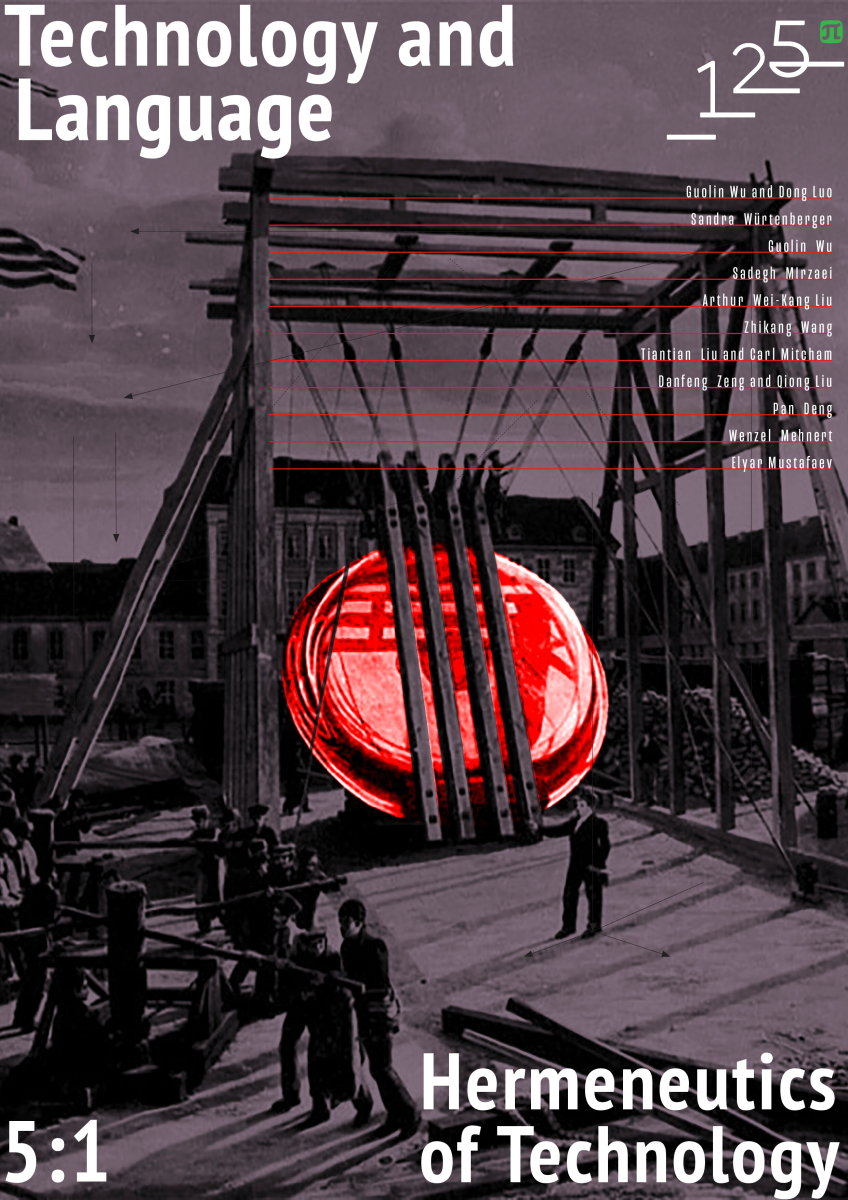Industrial Music, Noise, and the Sound of Machines
The industrial revolution gave rise to many new, previously unheard sounds. The howling and grinding of machine tools, the rhythmic blows of jackhammers – all these sounds began to accompany everyday life for many people. Their life was filled with “machine sounds.” At this moment, „Industrial“ was born as a genre of music. Its main feature was that the musical instruments were replaced by the noises of factories and trains familiar to ordinary workers of that time – the sounds of the New Era. The resulting music carried a rebellious character, it was rather dynamic and rhythmic, allowing the composers and producers to show the progressiveness and variability of the world which manifested itself in the mechanization of production. After having fulfilled its initial function, Industrial music was initially forgotten, taken up by other, more contemporary musical genres, some sounds borrowed by electronic music. We analyze many compositions from the early days to contemporary Industrial music, here discussing as striking examples Psyche Rock, Strette, Third Reich from the Sun, considering also the mechanical sounds that form the basis of this genre: guillotine, mechanical press, lathe. Technical sounds in industrial works are not only a complementary part of the work, in some pieces they also occupy a dominant position. We also show that compositions of industrial music can cause completely different emotions. For example, compositions of the Noise style mainly evoke a sense of frustration, the inevitability of failure. Aggro Industrial inspires people to act, gives them a feeling of close victory. Deaf and distant sounds in Percussion Industrial induce a sense of alarm, confusion. We also trace the chronology of the appearance of certain mechanical sounds in music. So, in the earliest works, for example, performer use the sounds of a guillotine cutting metal. In other works one can hear radio or TV interference. One can also hear absolutely modern sound, familiar to all of us from contemporary technology, such as sounds of a microphone.



